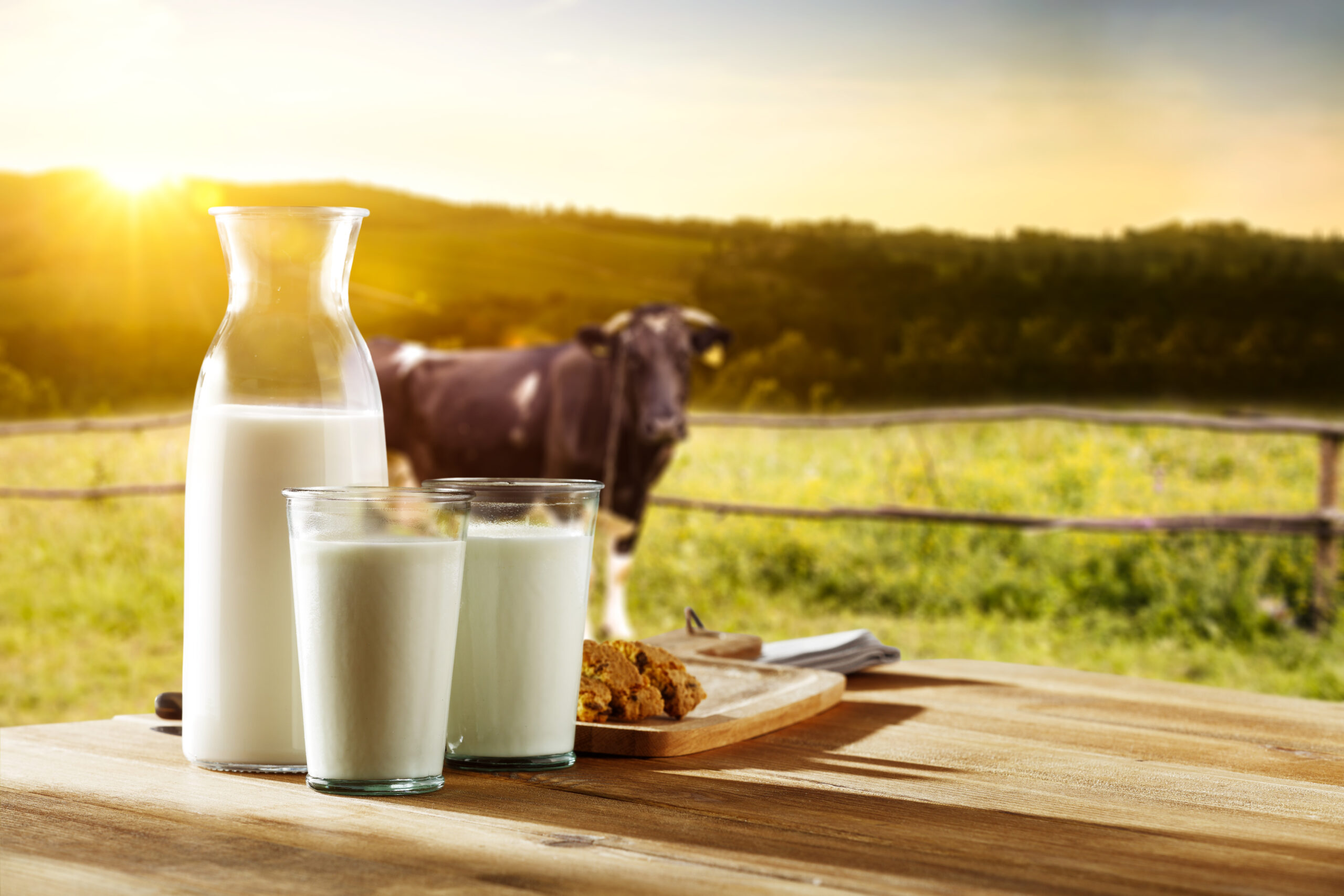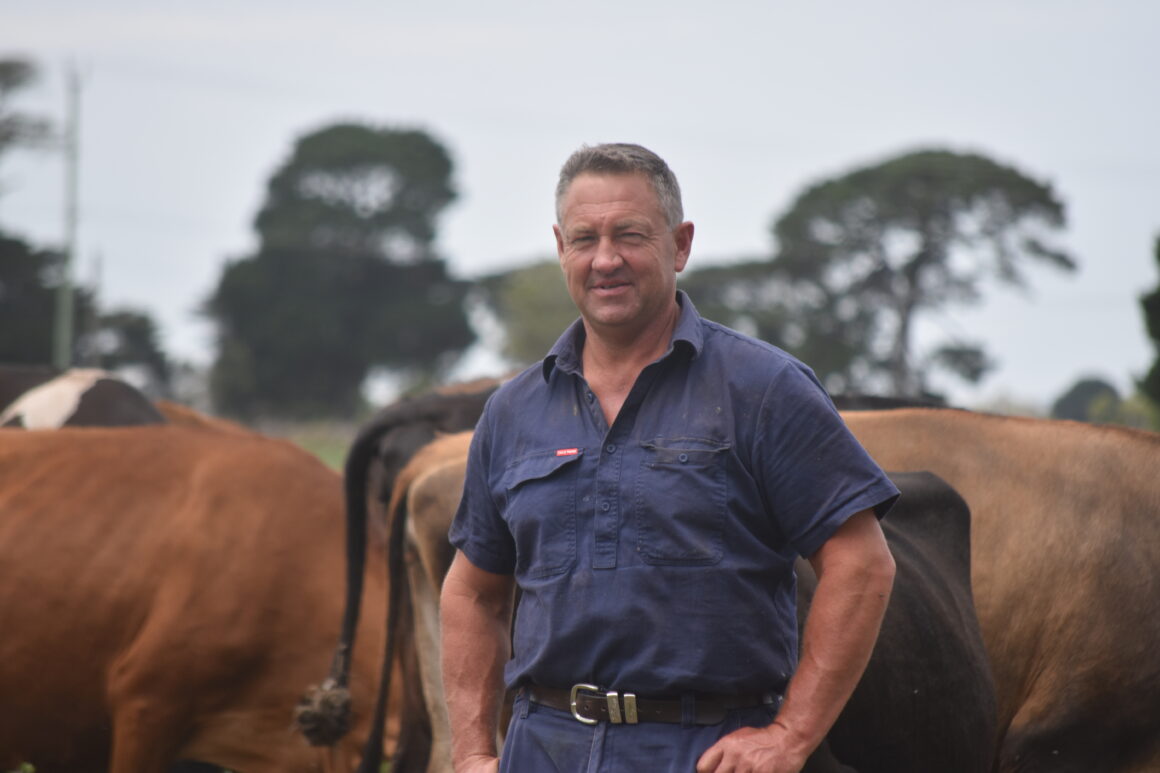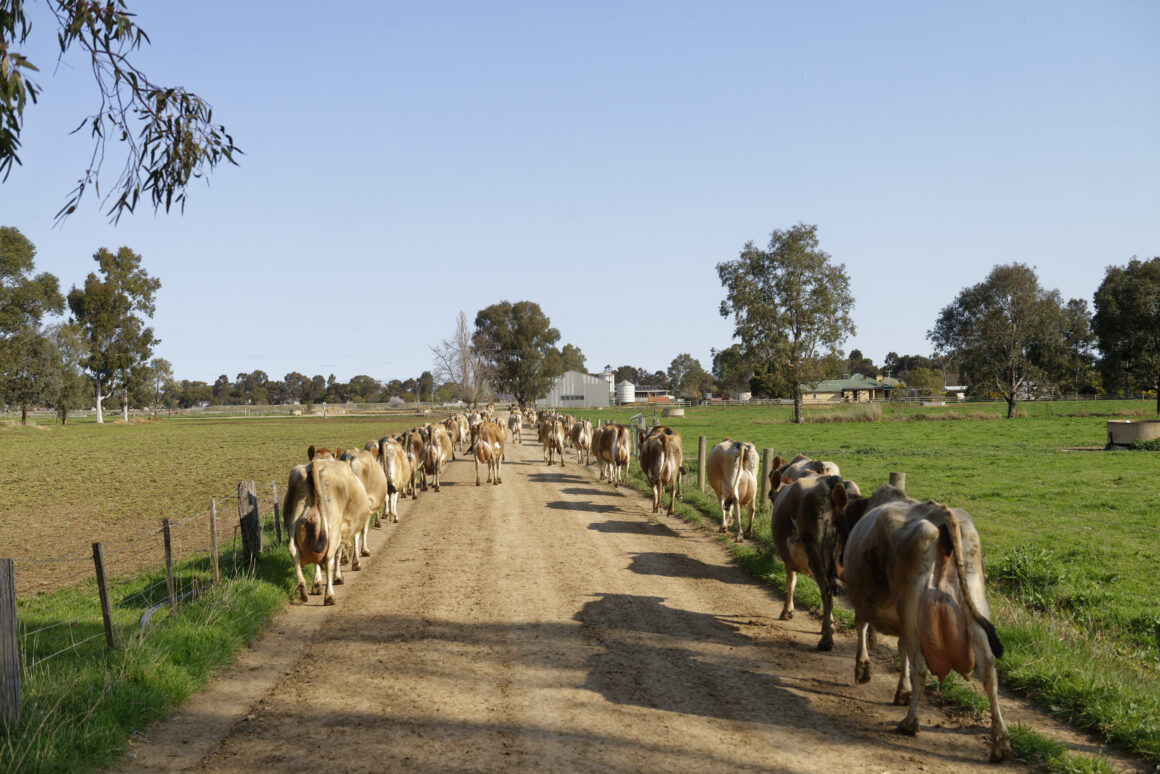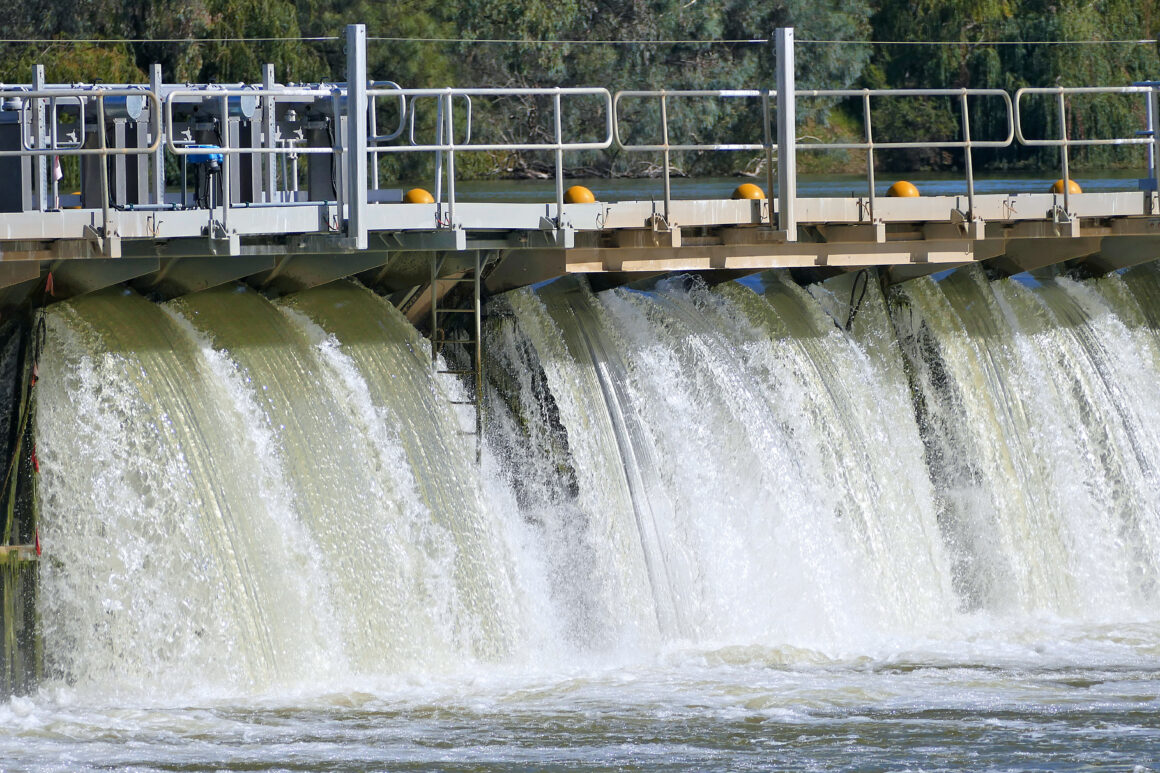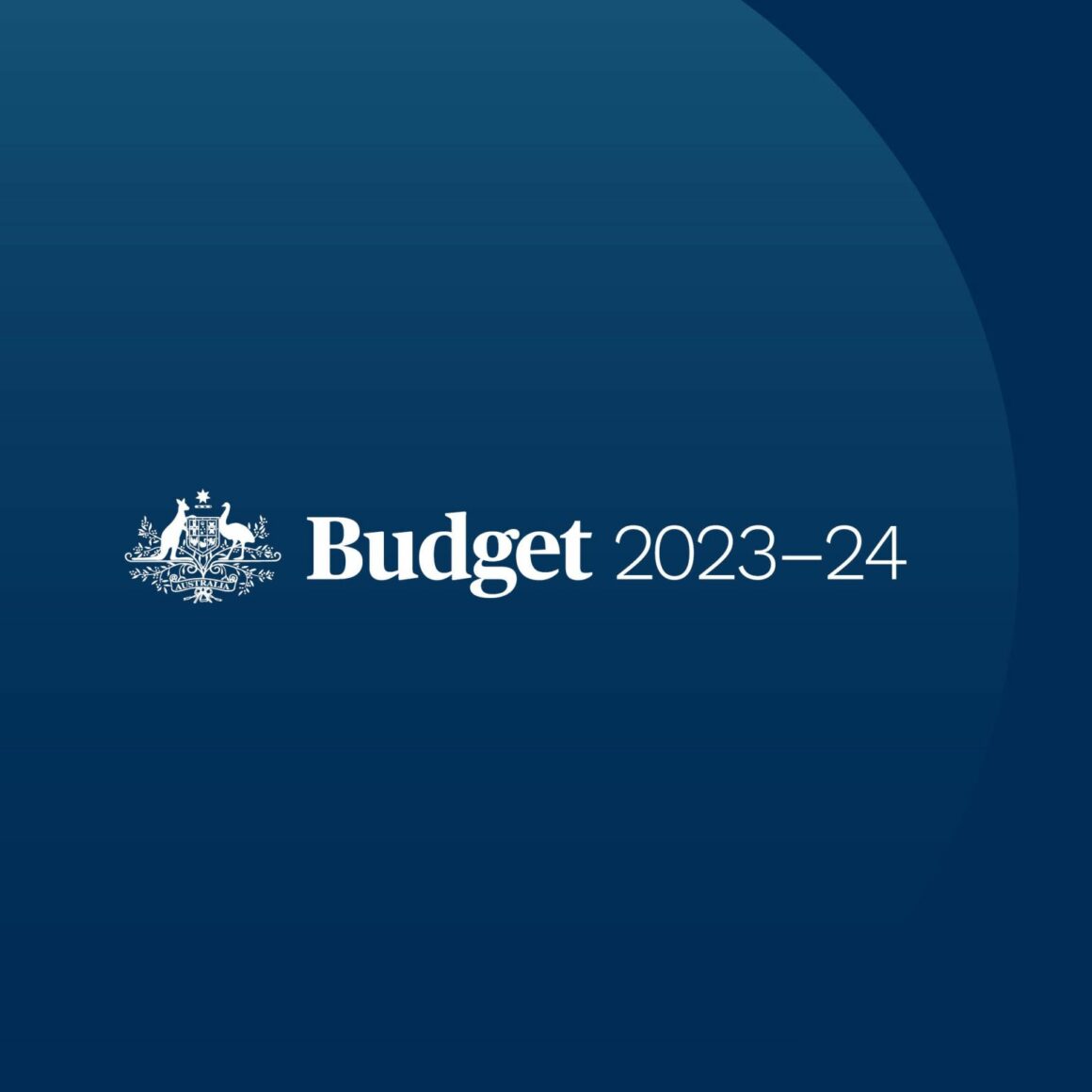Australian Dairy Farmers (ADF) has applauded the competition watchdog’s pursuit of the questionable pricing tactics used by the big two supermarkets, on the same day Woolworths shaved another 5c/litre off the cost of its homebrand milk.
“What we’ve seen with the ACCC taking action against Coles and Woolworths is a clear signal that the powers of these supermarkets is too great,” ADF President, Ben Bennett said.
“Coles and Woolworths must understand that these moves, on the back of processors reducing prices to farmers, have real-world consequences for rural communities and the future of Australian dairy production.
“Decisions like this are not made in a vacuum. The reduction in milk prices may seem trivial to consumers, but for dairy farmers, it can mean the difference between staying afloat or shutting down.”
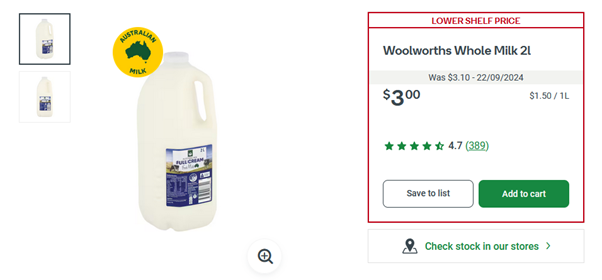
Woolworths cuts homebrand milk prices
ADF strongly condemns the decision by Woolworths to reduce milk prices by 5 cents per litre – a move that directly threatens the viability of dairy farmers across the country.
“This price cut undermines the long-term sustainability of the dairy industry and shifts the burden of cost savings directly to the backs of hardworking farmers,” Mr Bennett said.
According to the latest forecasts from the Australian Bureau of Agricultural and Resource Economics and Sciences (ABARES), milk production values are already expected to fall by $570 million to $5.5 billion, with most of this decline reflecting reduced farmgate milk prices.
“In no other industry can a pricing decision by management wipe half a billion dollars in value from an entire sector—most of which is directly tied to the returns that farmers receive,” Mr Bennett said.
“Such actions put immense pressure on our dairy farmers who are already grappling with rising costs of production and unfavourable weather conditions.
“These decisions have been made by major retailers and processors without adequate regard for the broader industry implications.”

